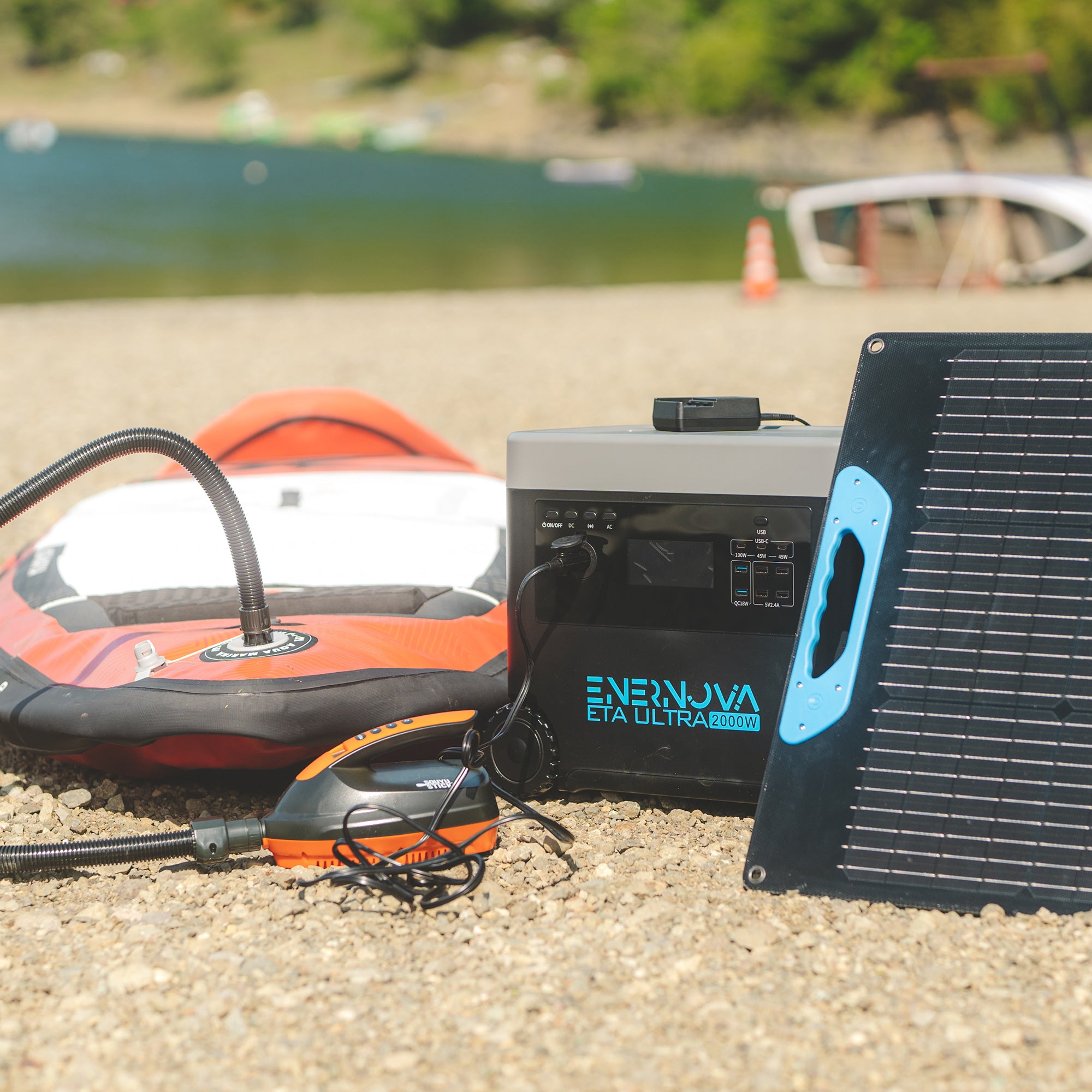How to stay warm winter camping
Spending extended periods of time outdoors in cold or windy weather can be dangerous. The risk of frostbite increases when the air temperature drops below 15°F (-5°C), even with moderate wind speeds. In a wind chill of -27°F (-16.6°C), exposed skin can freeze in under 30 minutes.
While these may sound like extremes, they are very real possibilities. Depending on your location, you may encounter high winds and frigid temperatures during a winter camping trip. This article will give you the knowledge you need to be properly prepared and stay warm while camping in the winter.
1.Choose the Right Campsite
The most important consideration in winter is wind protection. Wind, especially in winter, can be a stealthy killer in the outdoors. It can quickly rob you of your body heat and lead to hypothermia. In winter, when the ambient temperature is already low, biting winds can easily penetrate all of your gear. Therefore, choosing a well-sheltered campsite is the most important consideration.
2.Use a Double-Wall Tent
When using a double-wall tent, there must be space between the inner and outer tents. At night, the temperature inside the tent is high and the temperature outside the tent is low. This will cause a layer of water droplets to condense on the inside of the outer tent. If there is no space between the inner and outer tents, the water vapor from the inner tent will cause the inner and outer tents to stick together, which will lower the temperature inside the tent and reduce its warmth.
3.Bring a Moisture Barrier
The cold in winter doesn't just come from the cold air, it also comes from the ground. Therefore, it is essential to bring a moisture barrier when spending the night outdoors. Adding a moisture barrier can also make your sleeping bag more comfortable.
4.Sleeping Bag
Choose a sleeping bag made of duck down or goose down and a mummy-style sleeping bag. The mummy-style sleeping bag conforms to the shape of the human body, with wider shoulders and tapering down from there. When tightened, it can effectively block out cold wind and air, greatly increasing the warmth inside the sleeping bag. In addition, keep your sleeping bag dry to avoid affecting its insulation performance.
5.Get Warm Before Bed
Before getting into your sleeping bag, warm yourself up. You can run or jump, but don't sweat too much or get your sleeping bag wet.
6.Eat More Food
Your body produces heat when digesting food. If you feel cold, try eating more food. Before going to bed, eat some high-calorie snacks to keep your metabolism up.
Final thoughts
Lying in your tent and gazing at the stars can be a truly peaceful and romantic experience when wilderness camping. However, in some areas, nighttime temperatures can plummet, making sleep difficult and leaving you feeling frustrated.
On the other hand, there's nothing quite like climbing into a toasty warm sleeping bag, getting a good night's sleep, and waking up refreshed to embrace tomorrow's adventures and challenges.




















